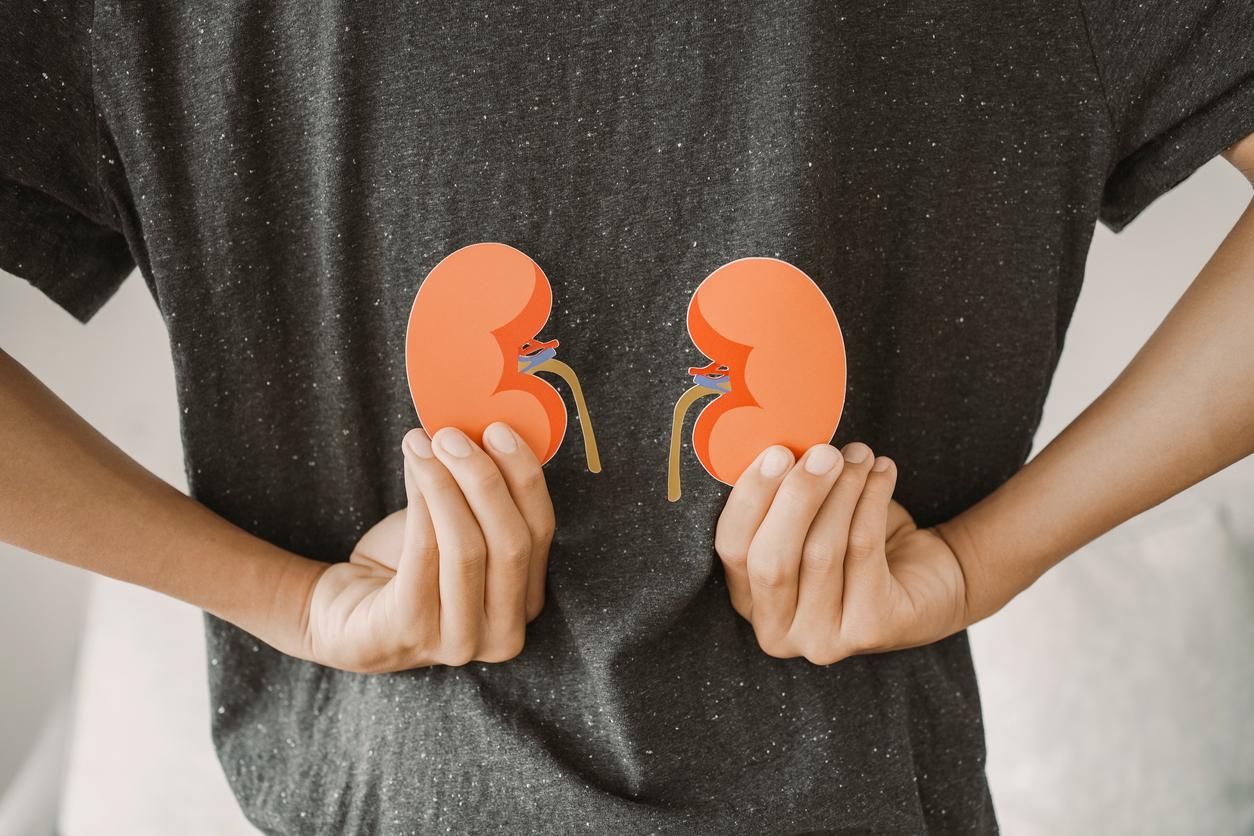I’chronic renal failure is a gradual loss of kidney function over a period of months or years. Each of your kidneys has about 1 million tiny filters called nephrons. When these nephrons are damaged, they stop working. For a while, the healthy nephrons take over, but if the damage continues, the remaining nephrons can no longer filter the blood enough to keep you healthy.
What there is to know
About 10% of the adult population suffers from kidney disease. And every year, millions of people die prematurely from complications related to chronic kidney disease. Indeed, one of the consequences of kidney failure is that it increases the risk of stroke or cardiovascular disease.
- Chronic kidney disease has no early symptoms.
- chronic renal failure can’t be cured.
- Kidney disease can progress to chronic renal failure.
The disease therefore needs to be detected early to avoid complications. The main indicator of kidney function is the level of creatinine in the blood. Creatinine is a waste product produced by the muscles that the kidneys are responsible for getting rid of. When the kidneys are damaged, creatinine builds up in the blood.
Two unexpected enemies of the kidneys
- The Covid virus: it also attacks kidney cells: 25% of patients hospitalized in intensive care for respiratory distress had to be dialyzed;
- Inappropriate use of certain medications: for example NSAIDs (ibuprofen, ketoprofen, etc.) taken over a long period, especially in the elderly or if you already suffer from kidney disease. But also certain plants and other food supplements sold on the Internet. Dr. Lantz says: “A few years ago, people who wanted to lose weight took infusions and food supplements in the form of Chinese herbal capsules bought on the Internet: they found themselves in end-stage renal failure.”




















-1730888646.jpg)